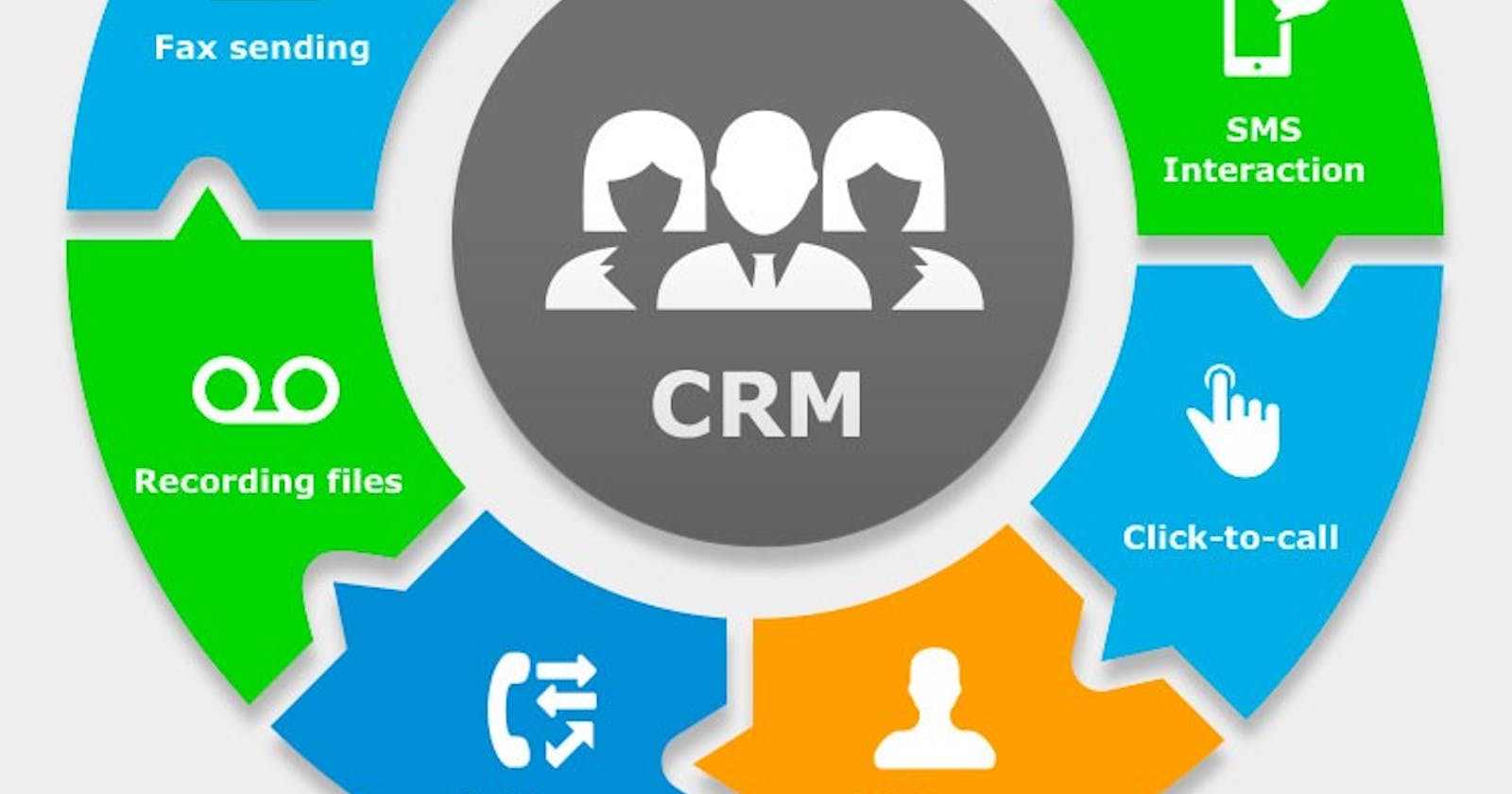Table of contents
- What is CRM?
- Basic Definition of CRM
- A simple definition of CRM
- CRM Is Used For?
- Why is CRM important for your business?
- Who Can Benefit From CRM?
- Top 5 benefits of using CRM
- 1. Better client relationships
- 2. Organize customer information
- 3. Centralized database across your sales organization
- 4. Enhance team collaboration
- 5. Scale and grow efficiently
- Top 5 Best Cloud CRM For Businesses
- Salesforce
- Oracle CRM
- MicrosoftDynamic CRM
- SAP CRM
- HubSpot CRM
- Why Salesforce Is The best CRM In The World?
- There are 6 reasons why Salesforce is the best CRM
- What Is the Future of CRM?
What is CRM?
Basic Definition of CRM
CRM stands for Customer Relationship Management and refers to all strategies, techniques, tools, and technologies used by enterprises for developing, retaining, and acquiring customers.
A simple definition of CRM
When people talk about CRM, they are usually referring to a CRM system, a tool that helps with contact management, sales management, productivity, and more.
The goal is simple: Improve business relationships. A CRM system helps companies stay connected to customers, streamline processes, and improve profitability.
This technology allows you to help track information and interactions between your company and your customers. This system is accessed and edited by multiple people to improve the customer experience, automate parts of the sales cycle, and improve communication
A good CRM can manage relationships with your customers and prospects and track data related to all of your interactions. It also helps teams collaborate, both internally and externally, gather insights from social media, track important metrics, and communicate via email, phone, social, and other channels.
CRM Is Used For?
To build relationships between customers and organizations, So they can increase sales, improve customer service, and increase profitability.
To track customers’ activities, manage interactions with customers and fulfill their requirements.
To increase company revenue and Improve Business Productivity.
To establish a systematic process in business
Introduce your product into the market ( Marketing your product through CRM ) to generate leads
and so on.
Why is CRM important for your business?
A CRM system can give you a clear overview of your customers. You can see everything in one place that can tell you a customer’s previous history with you, the status of their orders, any outstanding customer service issues, and many more.
You can even find more information about customers from their public social media activities, Their likes, and dislikes, and what they are saying and sharing about you or your competitors.
Marketers can use a CRM solution to better understand the pipeline of sales or customers coming in, and make forecasting simpler and more accurate. You’ll have clear visibility for every opportunity or lead.
Customer service teams are seeing great benefits from using it. Today’s customer might raise an issue in one channel says, Twitter, and then switch to email or telephone to resolve it in private. A CRM platform lets you manage the inquiry across channels without losing track, and gives sales, service, and marketing a single view of the customer.
Who Can Benefit From CRM?
The best part about a CRM system is that almost any organizational unit can benefit from it. From sales and customer service to recruiting, marketing, and business development. Good CRM software gives a better way to manage external relationships.
Storing all customer information in one place, recording service issues, identifying sales opportunities, and managing marketing campaigns.
Since CRM provides easy access to data, it also becomes much easier for users to collaborate on different processes and increase productivity.
CRM provides scalability, security, and mobile CRM access.
Easy information sharing across the company.Advanced tools for better collaboration among departments and with consumers.
Top 5 benefits of using CRM
1. Better client relationships
By having access to a unified view of contact and customer information, you’re in a better position to know who’s who and provide personalized, thoughtful service and support. By receiving in-app notifications of customer inquiries across multiple channels (social media, web form, email, voice, and more), your response times will be faster; automation tools for transferring inquiries to the most relevant agents, and collaborative tools to involve multiple team members also make your responses smarter and speed up issue resolution times.
CRM systems can dramatically improve customer experience, helping you retain existing customers and turn leads into new customers.
2. Organize customer information
With CRM, all your customer data across channels is consolidated in one place. You can easily keep track of who’s who, log notes on individuals, and see the history of each customer’s interactions with your company. For example, when they visited your website, if/when they spoke to a sales, support, service rep, and what they’ve purchased.
This allows you to see where in the customer life cycle or journey your customer is, and segment customers according to interactions with your company. CRM contact organization tools also have tools for eliminating duplicate customer profiles.
3. Centralized database across your sales organization
A centralized database unifies information across departments and teams, allowing you unlimited access to lead and contact information, purchase histories, inventory, sales, and marketing information. When your sales reps are on the beat, they’ll be able to have access to a client’s interactions with other departments like service and support, meaning they’re well-positioned to anticipate customer demand.
You can also capture multichannel customer interactions, like when a customer fills out an online contact form, spends time on a specific website section, or leaves a blog comment; with a CRM platform, that information all goes into an organized database and becomes a part of your business’s useful data.
4. Enhance team collaboration
By sharing customer information across your team, you can establish best practices for contacting them (when, and over which channel) and ensure consistent quality customer interactions. Team members will be able to access individual case files in real-time, reducing the need for face-to-face meetings. Mistakes and redundancies are stamped out, so service costs fall too.
5. Scale and grow efficiently
With analytical CRM tools, customer information of all descriptions can be collected and analyzed from multiple channels. Being able to understand the customer life cycle in terms of quantitative data offers holistic benefits for how to engage leads, convert leads to customers, and retain them. When you know your customers well-and-truly, it leads to improved customer experience and, in turn, more customer loyalty.
By ensuring customer needs are met, you can build a sustainable business model and start scaling and growing. CRM strategy tools for marketing and sales lead to informed business decisions; you’ll be able to run cost-effective campaigns targeted at the right customer segments and predict your hiring requirements over time in relation to projected business growth.
Top 5 Best Cloud CRM For Businesses
Salesforce
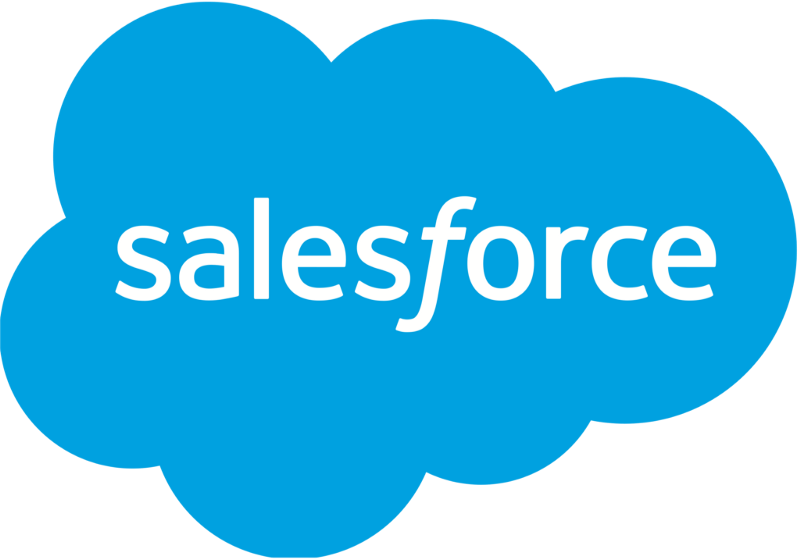
Salesforce, Inc. is an American cloud-based software company. It provides customer relationship management (CRM) software and applications focused on sales, customer service, marketing automation, analytics, and application development. Salesforce Platform allows developers to create add-on applications that integrate into the main Salesforce.com application.
Salesforce’s main technologies are tools for customer management. Other products enable customers to create apps, integrate data from other systems, visualize data, and offer training courses, etc.
Oracle CRM
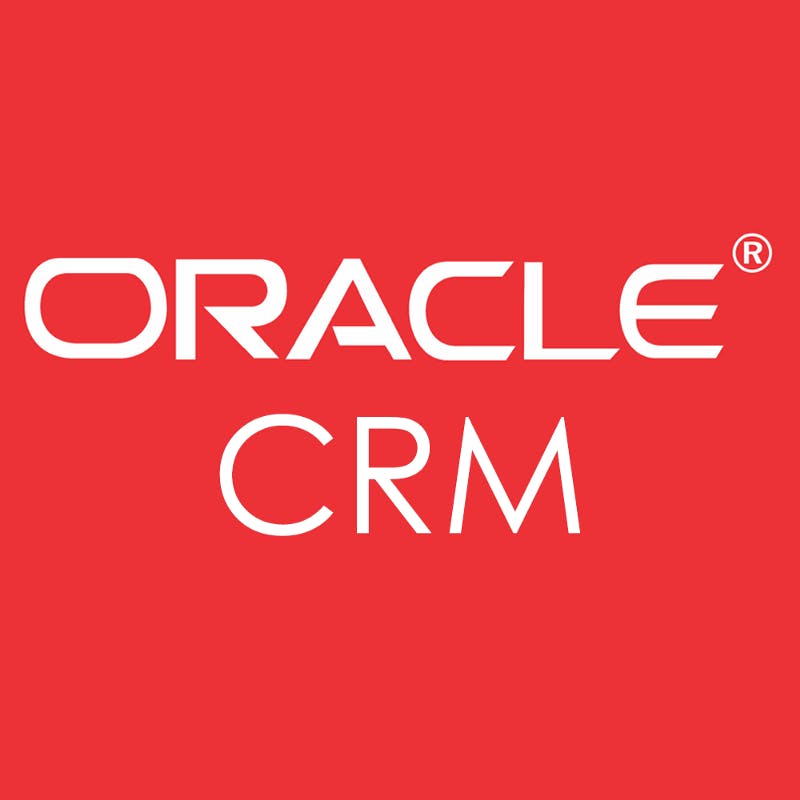
Oracle CRM is a customer relationship management system created by Oracle Corporation. It is includes a number of different cloud applications that can be deployed together or used individually to analyse customer data and help companies connect and manage sales, marketing, and customer support.
MicrosoftDynamic CRM
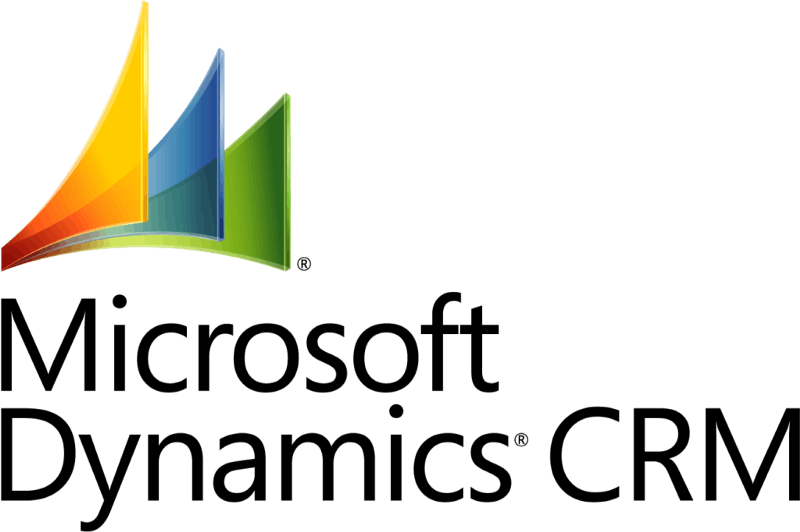
Microsoft Dynamics CRM is a customer relationship management software package developed by Microsoft. They focused on enhancing the customer relationship for any organisation. The product focuses mainly on Sales, Marketing, and Customer Service sectors, though Microsoft has been marketing Dynamics CRM as an XRM platform and has been encouraging partners to use its proprietary (.NET based) framework to customize it.
SAP CRM

SAP CRM is the CRM tool provided by SAP and is used for many a business process. SAP CRM is a part of SAP business suite. It can implement customised business processes, integrate to other SAP and non-SAP systems. It is help to achieve CRM strategies.
SAP CRM can help an organisation to stay connected to customers. This way organisation can achieve customer expectations with the types of services and products that he or she actually needs.
HubSpot CRM
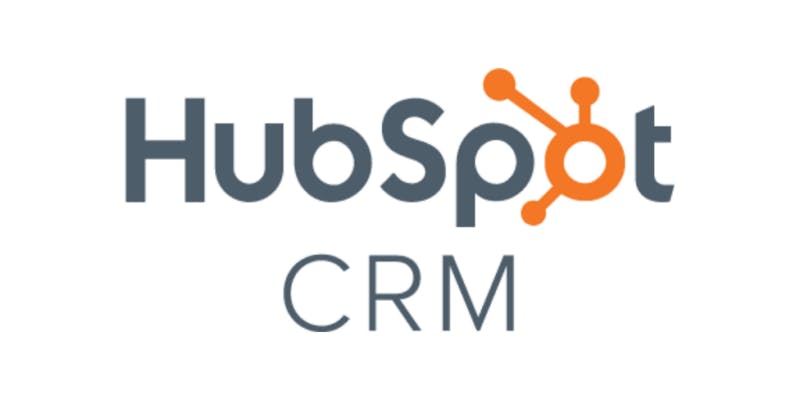
HubSpot CRM is a cloud-based platform that possesses tools and integrations which perform multi-tasks for business growth. It is help in marketing, sales, content management, and customer service at every point by providing them with better strategy and resources.
It provides several tools- CMS Hub, Marketing Hub, Sales Hub, Services Hub, Operations Hub. You can either work by integrating its hubs or with individual hubs. So in this way business flow becomes smoother with the help of its tools, integrations, and extraordinary features.
Why Salesforce Is The best CRM In The World?
Salesforce Named #1 CRM Provider for Eighth Consecutive Year.
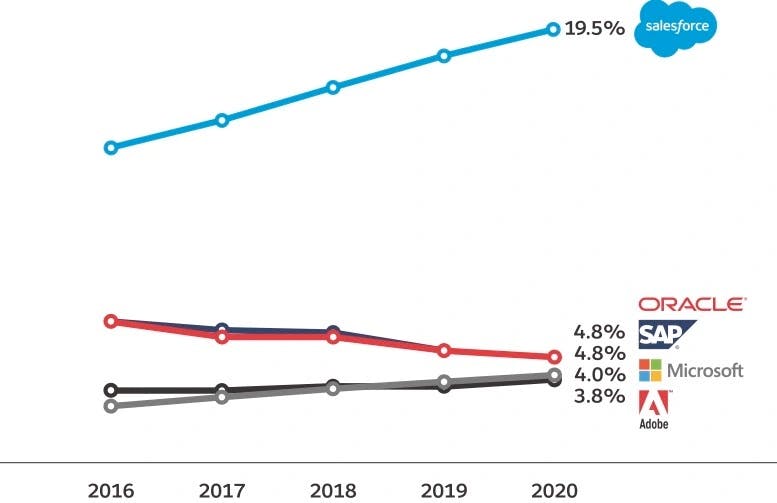
SAN FRANCISCO-April 26, 2021-Salesforce [NYSE: CRM], the global leader in CRM, announced that for the eighth consecutive year it has been ranked the #1 CRM provider by International Data Corporation (IDC) in its latest Worldwide Semiannual Software Tracker.
Salesforce grew its overall market share position and increased its revenue more than any other Customer Relationship Management (CRM) vendor. Additionally, the IDC data shows that Salesforce is the market share leader in IDC’s segments for sales applications, customer service applications, marketing applications, model-driven application platforms and enterprise community applications.
After so much research and analysis on the different-different types of customer relationship management software, Salesforce is recommended as the best CRM software for businesses as it offers everything needed to make it faster and easier to close sales for a business.
Salesforce was founded on a simple principle that’s to help our customers succeed. That principle has made Salesforce as the #1 intelligent CRM platform for businesses of all sizes.
There are 6 reasons why Salesforce is the best CRM
Scalability & Customisation
CRM software is an investment. So, not only should it take care of a business’ present requirements, but also of future needs as well. That is exactly what Salesforce is capable of doing. So, whether it is looking after a company’s current customer relationships or looking after a customer base that builds over the next five years, Salesforce has the capacity and ability to scale up.
Multitenant architecture
One of the major advantages of Salesforce is that its performance does not vary between large or small clients. Every business client — big or small, has the advantage of having access to one infrastructure and one platform. That means all customers have common networking, hardware and software platform. The Salesforce CRM allows all the users to share the same infrastructure.
App-Exchange Ecosystem
It allows you to create and advertise an app. If you do not have your app, then the AppExchange ecosystem offers access to thousands of verified, useful, and secure applications. Salesforce has more than 3,000 custom apps on its app exchange as well as a platform to build your own apps.
Security
One of the most important part of businesses that is data security. Data security has been one of the focus points of Salesforce from the beginning. This is very important as many CRMs do not pay attention to security issues related to a business’ data. Salesforce, has pre-installed security features that allow business owners to decide who within their organisation can access their data, making this a very reliable and secure software.
Easy-to-Integrate
Salesforce can be integrated with other third-party applications,The integration makes it possible to map out the business processes onto Salesforce and effectively increase productivity.Salesforce can be integrated with other third-party applications, such as ERP systems, order systems, accounting systems, and marketing systems etc.
Mobile CRM
Salesforce is among the first companies to introduce the concept of mobile CRM. The feature allows businesses to keep up with the work even when they are on vacation, reducing the dependency on office work.
Also, this feature has proved to be highly helpful during the COVID-19 pandemic.
What Is the Future of CRM?
The best CRM technology today uses cloud-based, mobile-friendly, and AI-optimized software. These features are increasingly the norm, not the future. CRM already gives companies the ability to provide a personalized customer experience.
The future of customer relationship management can be seen in a number of ways, including increased adoption of CRM technology across enterprises, deeper insights fueled by expanding artificial intelligence, and more robust customer data integration. Companies that invest in CRM will benefit from having a single source of customer truth, as well as a way to uniformly support the entirety of the customer lifecycle.
Originally published at arrify.com on May 21, 2022.
